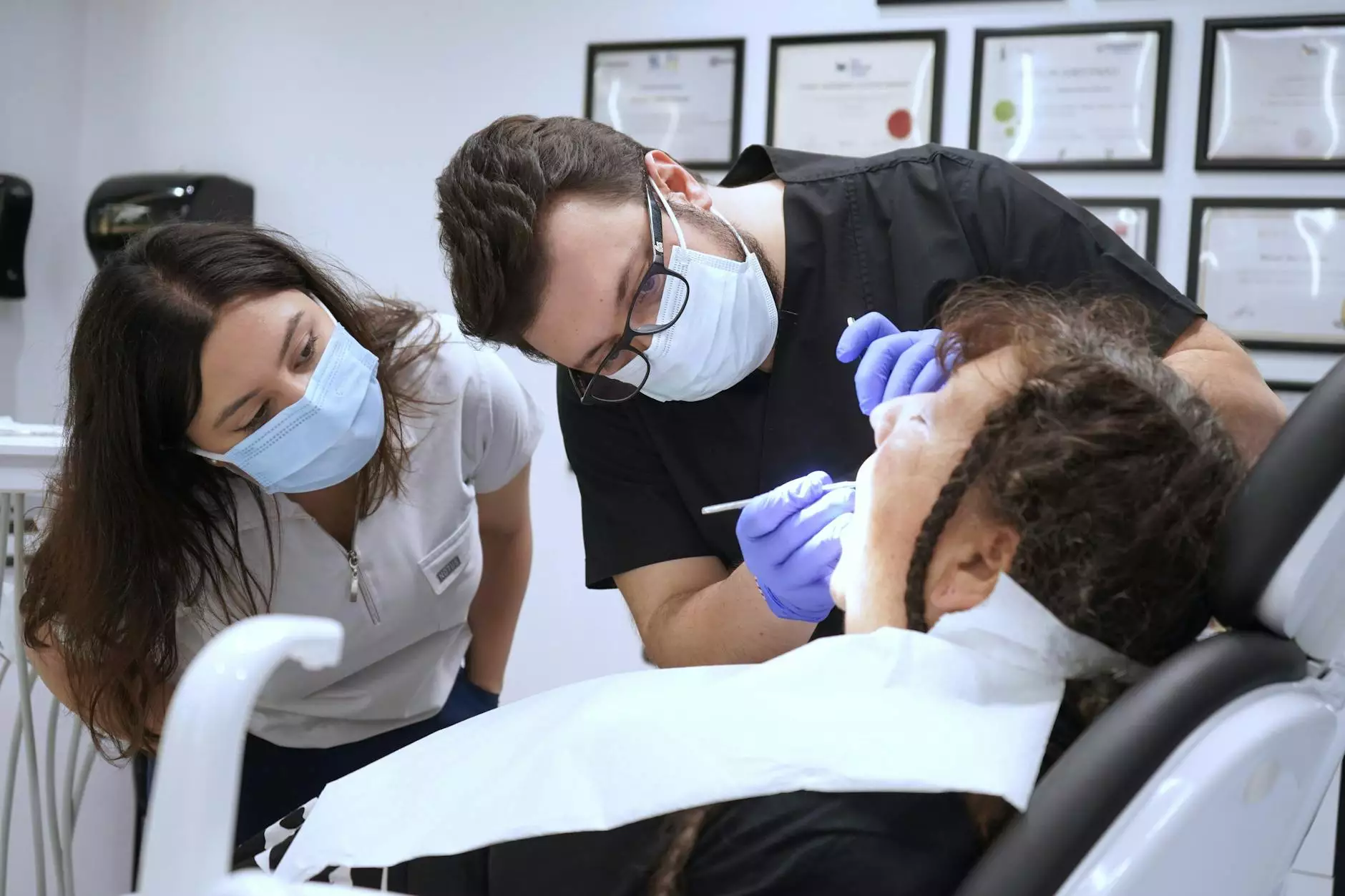How to Get a Residence Permit: A Comprehensive Guide

In today’s globalized world, many individuals are seeking the opportunity to get a residence permit to live, work, or study in a different country. Securing a residence permit is a pivotal step in achieving your dreams abroad, whether you're relocating for work, family, or educational purposes. This article will provide you with an in-depth understanding of the residence permit process, its importance, and how you can navigate it effectively.
What is a Residence Permit?
A residence permit is an official document that allows a foreign national to reside in a country for a specific period. This document is crucial as it grants the holder legal status within the jurisdiction of the issuing country. Residence permits can vary significantly in terms of duration, rights, and conditions associated with them. Here are some common types of residence permits:
- Temporary Residence Permit: Often issued for a limited time, suitable for students, temporary workers, or tourists.
- Permanent Residence Permit: Allows individuals to reside indefinitely in a country, typically granted after a certain period of lawful residence.
- Work Residence Permit: Issued to foreign nationals to allow them to work legally in the country.
- Family Reunification Permit: Allows family members of residents or citizens to join them in the host country.
Importance of Getting a Residence Permit
Obtaining a residence permit is vital for several reasons:
- Legal Status: It establishes your legal right to live and work in the country.
- Access to Services: Holders can access a range of services, including healthcare, education, and social welfare.
- Pathway to Citizenship: Many countries require a period of residency before granting citizenship, making a residence permit a crucial stepping stone.
- Enhanced Job Opportunities: It opens up employment opportunities that might otherwise be unavailable to non-residents.
Steps to Get a Residence Permit
While the specific processes for obtaining a residence permit can vary widely depending on the country, the following general steps are typically applicable:
1. Determine Eligibility
The first step in your journey to get a residence permit is determining your eligibility based on the following criteria:
- Your reason for moving (work, study, family).
- Your nationality and the specific immigration policies of the host country.
- Your current legal status (in the country or overseas).
2. Choose the Right Type of Permit
Research the different types of residence permits available in your desired country. Each permit may have different requirements, so familiarize yourself with these details:
- Work permits generally require a job offer.
- Student permits require proof of enrollment in an accredited institution.
- Family reunification permits need documentation proving your relationship with the resident or citizen.
3. Gather Required Documents
Generally, the following documents are required to apply for a residence permit:
- A valid passport that meets travel requirements.
- Proof of financial stability (bank statements, employment contracts).
- Health insurance coverage valid in the host country.
- Background checks and proof of no criminal record.
- Application forms filled out completely and accurately.
4. Submit Your Application
Once you have all your documents prepared, the next step is to submit your application. This can often be done online or in person, depending on the country’s regulations. Be prepared to pay any associated application fees.
5. Attend an Interview
Some countries may require an in-person interview as part of the residence permit application process. Prepare thoroughly by understanding:
- Common questions asked during these interviews.
- Your personal background and reasons for applying.
- Current laws and lifestyle in the country.
6. Wait for Approval
After submitting your application and attending an interview, there may be a waiting period. During this time, it’s essential to keep track of your application status. Your local immigration authority will inform you once a decision is made.
Legal Considerations Regarding Residence Permits
Understanding the legal framework surrounding residence permits is critical. Here are some essential considerations:
Legal Rights of Residence Permit Holders
Residence permit holders are typically granted various legal rights, including:
- Right to Work: Depending on the type of permit, holders may have employment rights.
- Right to Access Education: Children of permit holders often have access to public education.
- Right to Healthcare: Many countries extend healthcare benefits to legal residents.
Obligations of Residence Permit Holders
Along with rights come obligations. Permit holders must:
- Adhere to the laws of the host country.
- Renew permits as required and maintain lawful residency.
- Report any changes in personal circumstances, such as employment status or address.
Challenges in Obtaining a Residence Permit
Though the process to get a residence permit seems straightforward, several challenges can arise:
1. Bureaucratic Delays
Many applicants experience delays due to processing times at immigration offices. It’s crucial to stay informed about your application status and be patient.
2. Changing Regulations
Immigration laws can change frequently. Staying updated on the latest regulations and requirements is essential for a successful application.
3. Complicated Procedures
Some countries have extensive paperwork and procedures that can be overwhelming. Consider seeking help from immigration consultants if needed.
Conclusion
Obtaining a residence permit can be a transformative step in your life, providing you with the opportunity to explore new horizons. By following the outlined steps carefully and being mindful of the legalities involved, you can make the process smoother and more efficient.
As you navigate through this journey, remember that preparation is key. Equip yourself with knowledge, gather the necessary documents, and stay updated on the latest regulations. With determination and the right resources, you'll be on your way to successfully obtaining your residence permit and embracing your new adventure abroad.
For those considering the use of fake legal documents, it's crucial to note that this practice can lead to severe legal consequences. Always pursue legal avenues and consult with professionals to ensure compliance with immigration laws.









